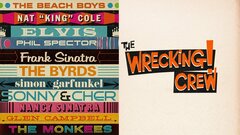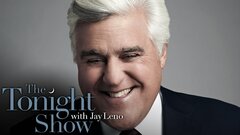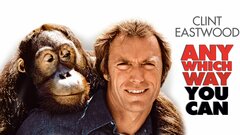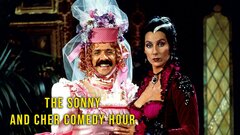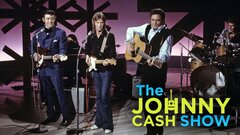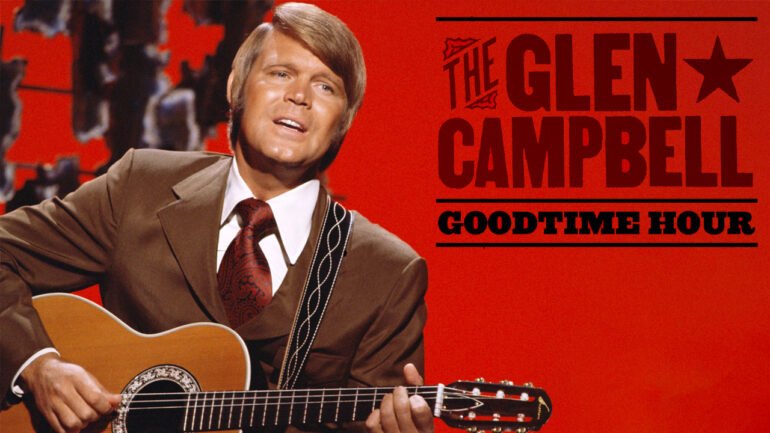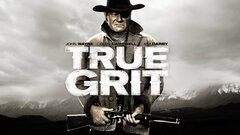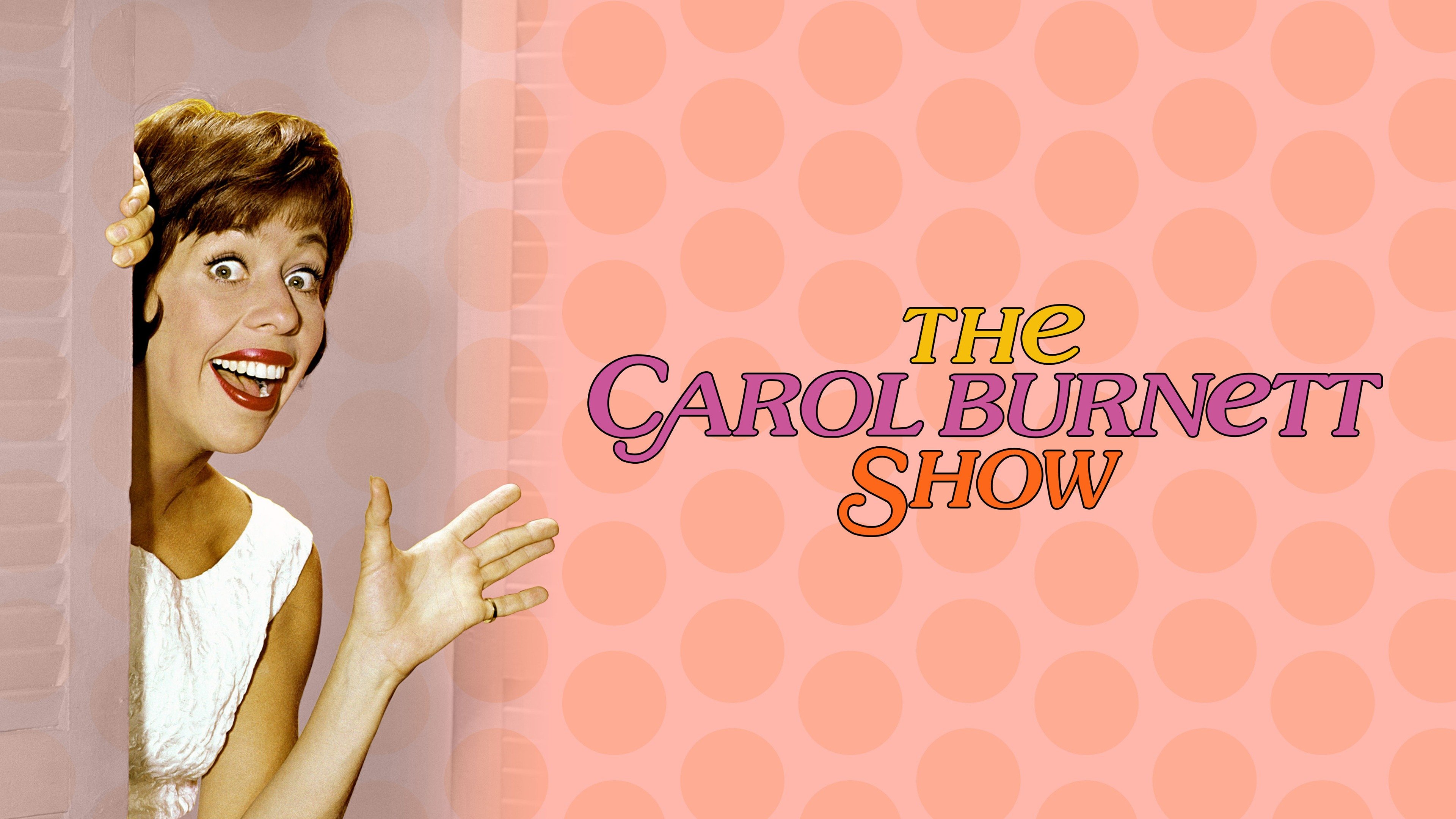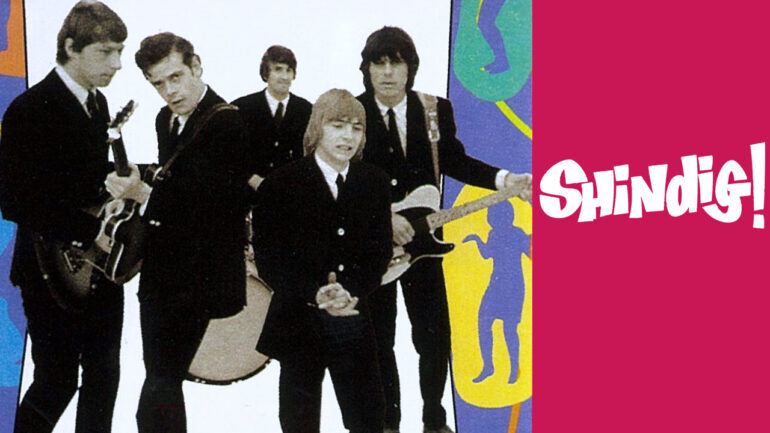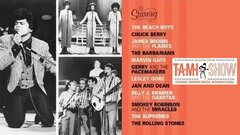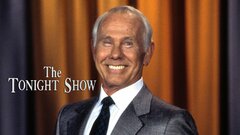A true rags-to-riches musical success story, Glen Campbell broke into the industry as one of the elite studio musicians later known as "The Wrecking Crew." He could claim invaluable musical and/or vocal contributions to classic recordings, including many of Phil Spector's "Wall of Sound" projects as well as Frank Sinatra's "Strangers in the Night," Shelley Fabares's "Johnny Angel" and The Beach Boys' Pet Sounds album.
Blessed with a clear voice and an understated, wistful delivery, Campbell became a country/pop/adult contemporary crossover superstar with melancholy smashes including 1967's Grammy-winning pair of hits "Gentle On my Mind" and "By the Time I Get to Phoenix," 1968's "Wichita Lineman," 1975's "Rhinestone Cowboy" and 1977's "Southern Nights." His stardom increased when he began hosting "The Glen Campbell Goodtime Hour" (CBS, 1969-1972).
On the big screen, Campbell earned a Golden Globe nomination as Texas Ranger La Boeuf opposite an Oscar-winning John Wayne in "True Grit" (1969), for which he sang the Oscar-nominated theme song. Despite notoriety from his addiction issues and highly publicized relationship with a 21-year-old Tanya Tucker in the early 1980s, Campbell settled into a slower professional pace as his career cooled, doing voiceover work and releasing gospel albums.
Although it was his amazing talent on the guitar that helped him to escape his parents' sharecropping fate, Glen Campbell proved to be an astoundingly well-rounded talent who became one of his generation's most loved musical icons. His announcement in 2011 that he was suffering from early-onset Alzheimer's Disease did not stop him from making a final farewell to his fans with the documentary "Glen Campbell: I'll Be Me" (2015) and a last album, Adios (2017), before his death on August 8, 2017 at the age of 81.
Born April 22, 1936 in Delight, AR, Glen Travis Campbell was one of 12 children born into a sharecropping family. His uncle taught him how to play guitar, and he soon became devoted to the instrument. By the age of 18, his guitar skills led to him touring the South along with a group called the Western Wranglers, and he moved to Los Angeles to become a session musician in 1958.
Campbell became one of the most in-demand, influential and well respected studio musicians of all time. Part of Phil Spector's industry-changing "Wall of Sound" recordings, Campbell lent his musical and/or vocal talents to countless era-defining classics by Frank Sinatra, Nat "King" Cole, Ricky Nelson, Jan and Dean, Judy Garland, Shelley Fabares, The Champs, Dean Martin, and The Beach Boys. Playing guitar on the latter's Pet Sounds, Campbell also filled in for Brian Wilson on several tours and released what many feel was Wilson's best song and production outside of the Beach Boys' own recordings, the 1965 single "Guess I'm Dumb."
Signed to his own record deal, Campbell's solo career was slow to take off, and he came very close to being dropped by his label, Capitol Records. Not a prolific songwriter himself, Campbell would make his name releasing elegant, masterful covers. In 1967, Campbell recorded his straightforwardly romantic take on John Hartford's wistful "Gentle On My Mind." The song became a crossover smash hit, earning Campbell a Grammy and opening the doors for him to launch a string of similarly melancholy-tinged beauties, including Jimmy Webb's Grammy-winning "By the Time I Get to Phoenix" in 1967, "I Wanna Live" and "Wichita Lineman" in 1968, and "Galveston" in 1969. Campbell's gently understated touch and crystal-clear voice on these sad songs only added to their power, wowing critics and winning over hordes of fans across the spectrum from country to rock to folk to adult contemporary.
Gifted with "The Glen Campbell Goodtime Hour" (CBS, 1969-1972) for an enormous career boost, Campbell raised his profile even higher with the variety show, which gave him the chance to highlight the work of established acts, his own fellow studio musicians, and up and coming performers. In fact, he helped launch the careers of Anne Murray, Mel Tillis and Jerry Reed, who were featured regulars on the program. The transition to acting seemed a natural progression, and John Wayne insisted that Campbell be cast alongside him in "True Grit" (1969). Besides earning a Golden Globe nomination for playing La Boeuf, a young Texas Ranger, Campbell sang the Oscar-nominated theme song, and the film - which won Wayne a Best Actor Oscar - became a much-loved favorite. After the cancellation of his series, Campbell continued to host television specials and take the occasional acting role.
Musically, the 1970s proved lucrative for the singer, who released the biggest hit of his career with the crossover No. 1 smash, "Rhinestone Cowboy." A driving anthem paying tribute to the at-any-cost tenacity of a would-be singer, the tune and its obvious significance for the up-from-his-bootstraps Campbell connected with critics and audiences, who showered it with great affection and acclaim. Campbell nailed another crossover No. 1 again with 1977's disco-tinged Allen Toussaint cover, "Southern Nights." Able to appeal across the board with impeccably crafted songs, Campbell was that rare musician who was known and liked by all age groups and fans across all genres.
He sang the theme song and lensed a cameo in Clint Eastwood's comedy sequel "Any Which Way You Can" (1980), but made gossip column headlines for his highly publicized but tempestuous relationship with rising country superstar Tanya Tucker. Reportedly a stormy romance complicated by drug use on both sides, Campbell and the 21-year-old Tucker recorded a few songs together, but broke up after Tucker alleged Campbell had physically abused her, a charge he denied. His career cooled in the 1980s, but Campbell changed gears in the 1990s, beginning a long-running residency performing in Branson, MO. He voiced the titular rockabilly rooster in the Don Bluth animated musical "Rock-A-Doodle" (1992) and published his autobiography, Rhinestone Cowboy, two years later. A series of gospel albums earned the singer multiple Dove Awards to add to his already crowded trophy case, and he continued to have an impact on the music industry in other ways, helping country singer Alan Jackson jump-start his career and serving as an inspiration to countless other performers, including Keith Urban.
Although a drug problem had long plagued Campbell, he sought treatment and seemed to be clean and sober. In 2003, however, he was arrested for drunk driving that included a charge of battery toward a police officer. Although the latter charge was eventually dropped, Campbell spent 10 days in jail and offered up a particularly shocking mug shot seen 'round the world. Regardless of his various missteps, Campbell was recognized for his impressive legacy with a star on the Hollywood Walk of Fame. In 2008, the singer released the well received LP Meet Glen Campbell, covering a surprising swath of songs by varied performers including Paul Westerberg, Tom Petty and the Heartbreakers and Foo Fighters. In June 2011, Campbell admitted that he had been diagnosed with Alzheimer's disease, and as a thank you to fans, performed a series of farewell concerts later that year before his memory loss became too pervasive. During this era, Campbell also recorded a final album, Adios, which was released in 2017, and filmed the documentary "Glen Campbell: I'll Be Me" (2011). After several years of seclusion, Glen Campbell died on August 8, 2017 at his home in Nashville. He was 81.




















